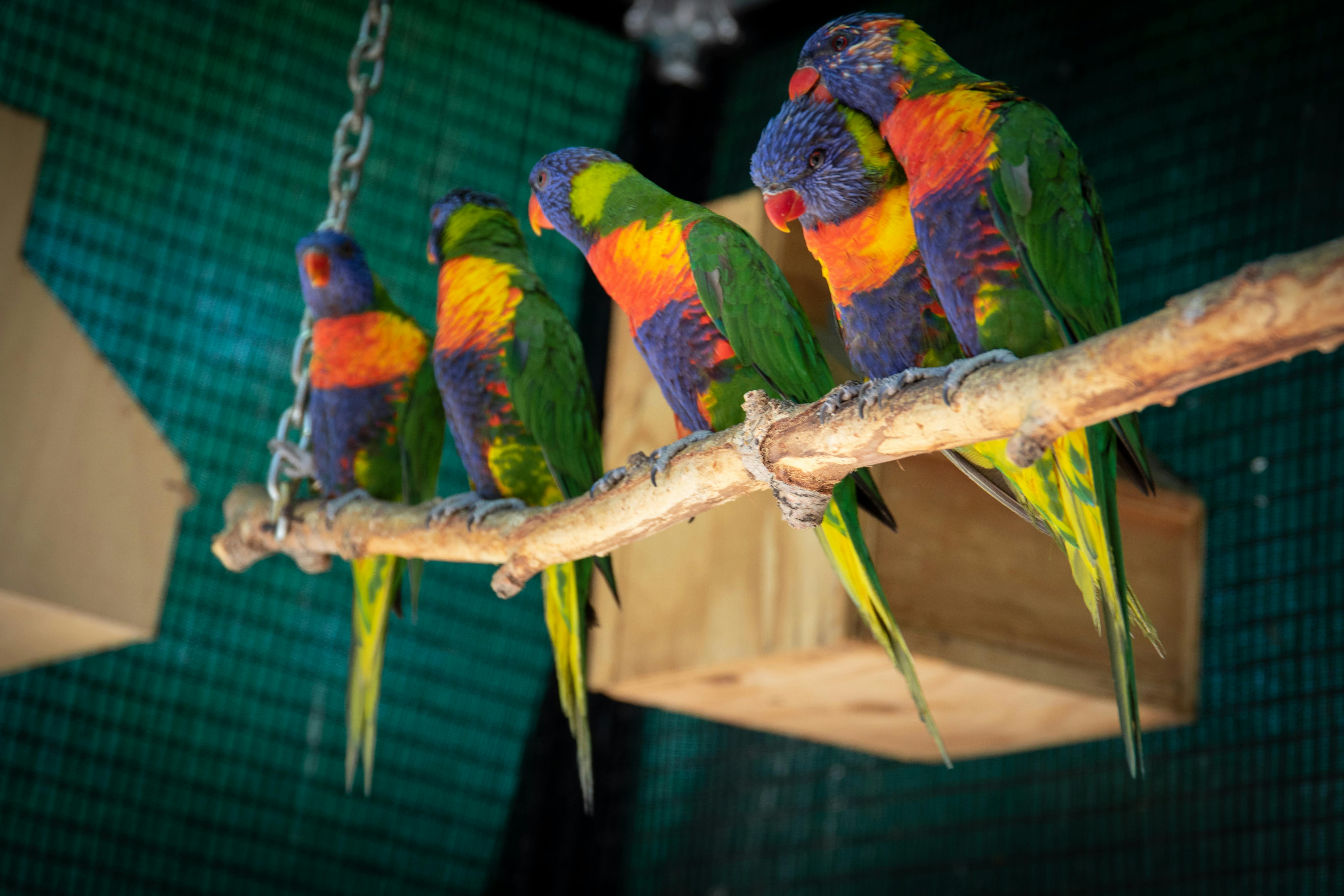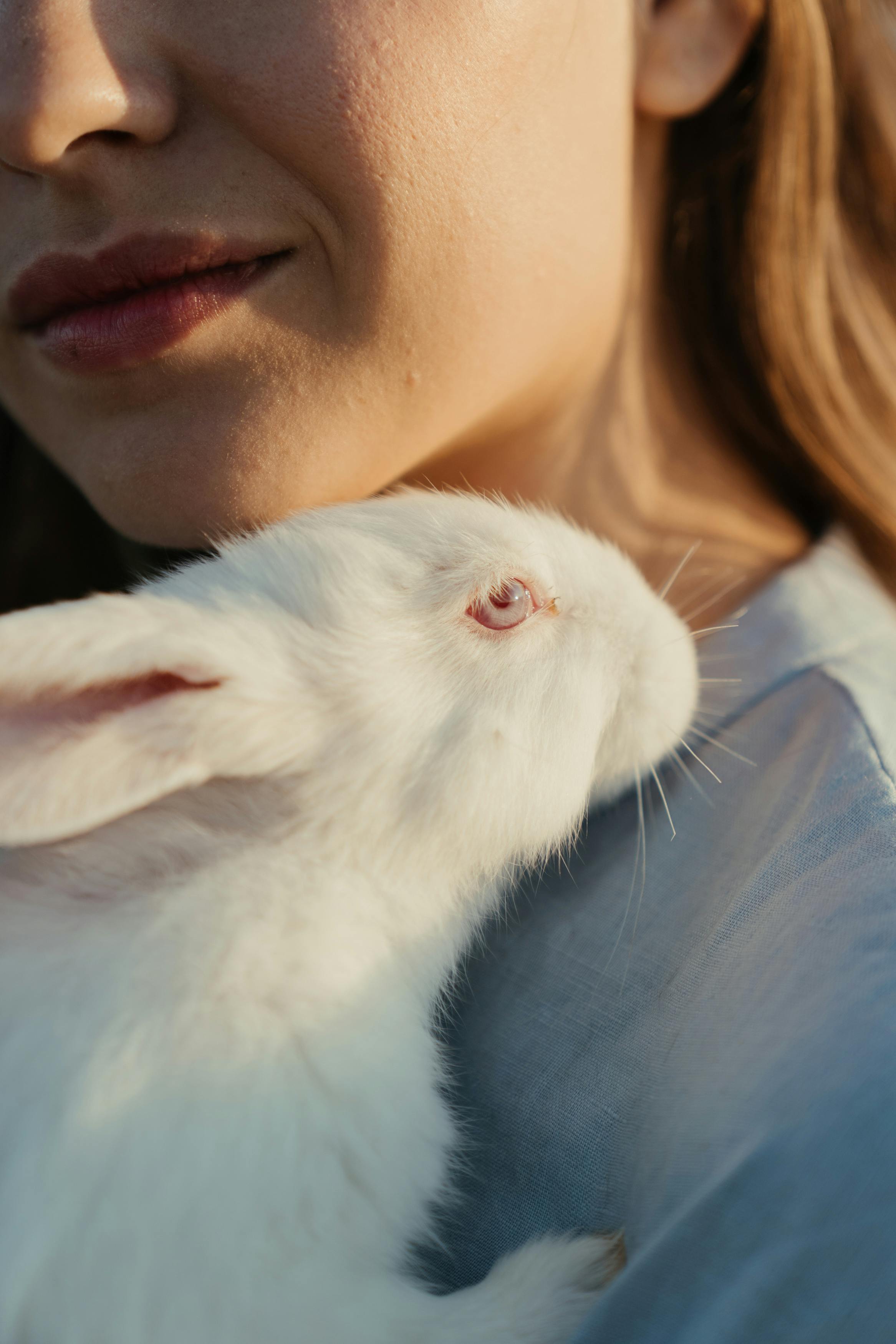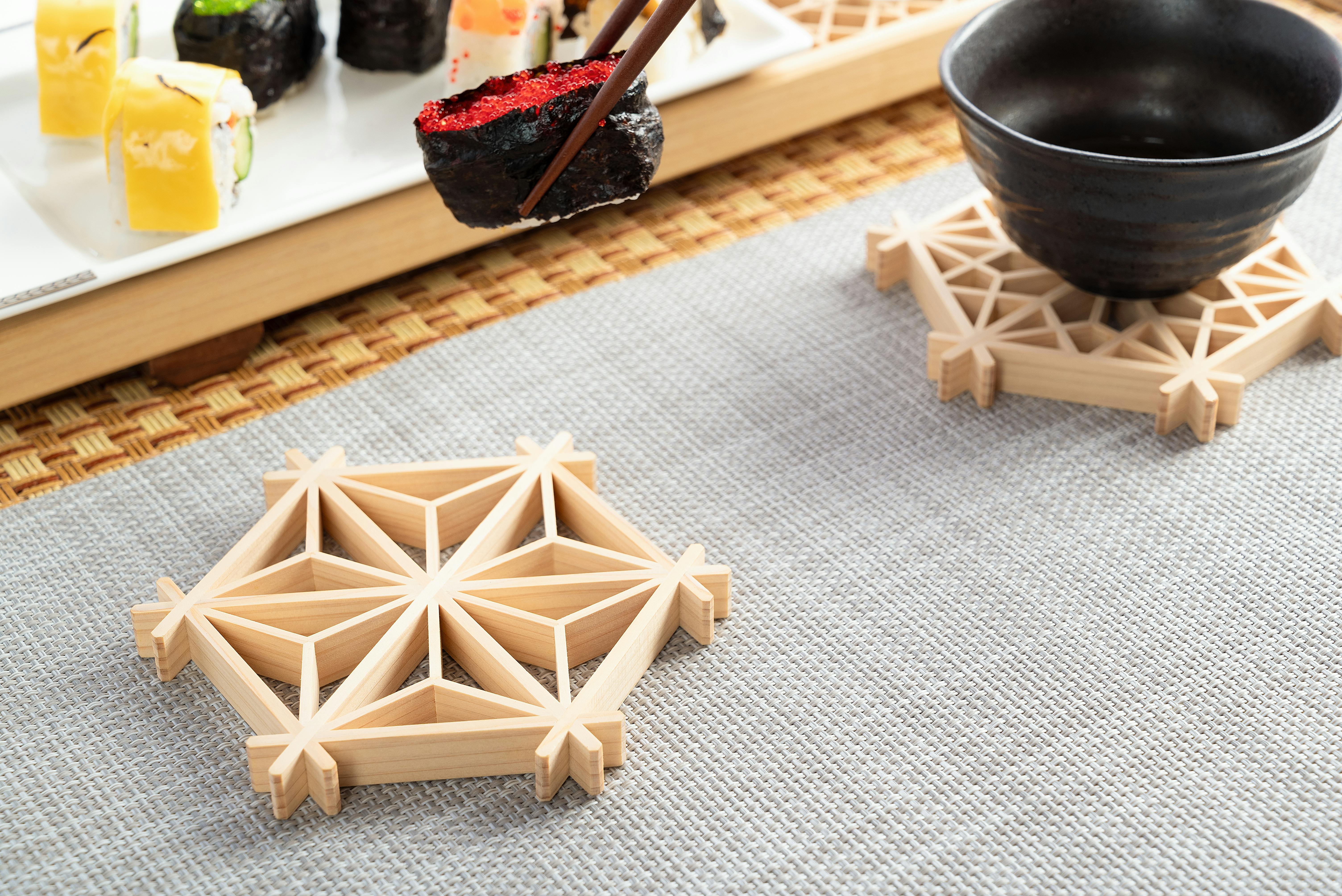
5 Effective Tips for Caring for Baby Netherland Dwarf Rabbits
Caring for a baby Netherland Dwarf rabbit can be a rewarding experience that requires dedication, knowledge, and love. These petite bunnies, known for their adorable size and friendly nature, make excellent pets for families and individuals alike. Understanding their unique needs is essential to ensure they thrive in your care. In this article, we will explore five effective tips for caring for these delightful creatures, covering everything from habitat setup to dietary needs, so you can provide the best possible environment for your new furry friend.
As a responsible pet owner, you’ll want to familiarize yourself with factors such as their size, temperament, and feeding requirements. By following the tips shared in this article, you'll create a nurturing atmosphere that allows your baby Netherland Dwarf rabbit to flourish.
1. Creating the Ideal Habitat for Your Baby Netherland Dwarf
A suitable habitat is the foundation of your baby Netherland Dwarf rabbit's well-being. These rabbits require ample space to move around and explore, as confined spaces can lead to stress and behavioral issues. The size of your rabbit's habitat should accommodate their exercise needs, allowing them to hop freely and exhibit natural behaviors.
Choosing the Right Cage
It’s crucial to select a cage that is both spacious and secure. Baby Netherland Dwarfs thrive in an enclosure that provides comfort and safety. A recommended size is at least 24 inches by 36 inches for a single rabbit. You can also opt for a multi-level cage that encourages exercise and exploration.
Outdoor vs. Indoor Habitats
Your decision to house your Netherland Dwarf indoors or outdoors will depend on your lifestyle and the climate of your area. Indoor housing is often ideal, allowing for better supervision and fewer environmental hazards. However, if you choose an outdoor setup, ensure that it provides protection from extreme temperatures and potential predators.
Rabbit-Friendly Environment
Ensure that your rabbit's living space is rabbit-proofed, removing any hazards such as electrical cords or toxic plants. Incorporate safe bedding and various toys to keep your baby Netherland Dwarf entertained. The right environment will promote their natural behaviors, making for a happy and healthy rabbit.
Having established a suitable habitat, let’s now focus on a crucial aspect of rabbit care: diet.

2. Best Feeding Practices for Your Baby Dwarf Rabbit
Feeding your baby Netherland Dwarf rabbit the right diet is essential for their growth and health. These bunnies require specific nutrients to support their development, while improper feeding can lead to health complications down the road.
Essential Feeding Techniques
The primary component of a baby's diet should be hay, as it's vital for their digestive system and provides the necessary fiber. Offer unlimited amounts of hay, such as timothy or orchard grass. Additionally, complement their diet with fresh vegetables, ensuring to introduce new foods gradually. Leafy greens like romaine lettuce and parsley are excellent choices.
Best Food for Baby Rabbits
In addition to hay and vegetables, high-quality pellets formulated specifically for baby rabbits can provide crucial vitamins and minerals. Look for products that contain at least 18% fiber. Always check nutrient labels to ensure you’re providing a balanced diet tailored to their age and size.
Safe Treats and Supplements
While treats can enhance the bonding experience between you and your rabbit, it’s vital to choose wisely. Treats should be limited and consist of natural ingredients like fruit in moderation. Avoid sugary or processed treats that could harm your bunny’s health. Always consult with a veterinarian for dietary supplements if needed.
Now that you’ve learned about proper feeding practices, let’s discuss the importance of socialization and handling.

3. Handling and Socializing Your Baby Netherland Dwarf Rabbit
Socialization is a vital aspect of raising a baby Netherland Dwarf. Rabbits that receive proper socialization are often more relaxed and friendly, making them easier to handle and interact with.
Initial Handling Techniques
When handling your baby dwarf rabbit, it's essential to approach them gently. Start by letting them come to you, allowing them to explore your hands before lifting them. Support their hindquarters and avoid holding them too tightly, as this can cause fear or discomfort.
Building Trust
Establish trust by creating a calm environment. Spend time sitting near your rabbit’s habitat, allowing them to familiarize themselves with your presence. This not only helps with bonding but also eases them into being handled regularly over time.
Training Your Baby Dwarf Rabbit
Training can be introduced early on by using positive reinforcement techniques. For example, offering treats when your rabbit responds positively to commands will reinforce desired behaviors. Focus on simple commands like ‘come’ or litter training, as this lays the foundation for a well-mannered rabbit.
Now that you know how to handle and socialize your baby dwarf rabbit, let’s explore their exercise needs.
4. Understanding Dwarf Rabbit Exercise Requirements
Regular exercise is crucial to your baby Netherland Dwarf rabbit's overall health and happiness. Without adequate physical activity, rabbits can become bored, leading to destructive behaviors.
Daily Exercise Routines
Ideally, your rabbit should have access to a safe area outside their cage daily, allowing them to hop around and play. This can be indoors or outdoors, providing secure and supervised playtime. Aim for at least 2-3 hours of exercise each day.
Fun Playtime Activities
Enhance your rabbit's exercise time by introducing toys and obstacles that stimulate their curiosity. Dwarf rabbit toys can include tunnels, chew toys, and cardboard boxes. Using items that encourage foraging can keep their minds engaged and enhance physical activity.
How Much is Too Much?
Monitor your rabbit's behavior and energy levels. If they seem fatigued or disinterested, it might be time to decrease the intensity or duration of play sessions. Always remember that each rabbit has unique exercise needs based on age, personality, and health condition.
With a solid understanding of exercise needs, let’s move on to some critical health tips for your baby Netherland Dwarf rabbit.
5. Essential Health Tips for Your Baby Netherland Dwarf
Maintaining your baby rabbit's health is vital to ensuring a long and happy life. By adopting proactive health measures, you can prevent common issues that affect dwarf rabbits.
Routine Veterinary Care
Schedule regular check-ups with a veterinarian experienced in rabbit care. Your vet can provide necessary vaccinations and offer guidance on preventive care. Early detection of health problems can often lead to more effective treatments.
Understanding Health Indicators
It’s crucial to familiarize yourself with health signs in rabbits. Observe their behavior, appetite, and litter box habits for any changes that may signal issues. Maintaining a healthy weight is essential to prevent obesity-related conditions.
Common Health Issues
Be aware of common diseases affecting dwarf rabbits, such as dental disease or gastrointestinal stasis. Ensure that you provide a balanced diet rich in fiber, keep their living space clean, and observe their daily health habits to mitigate these concerns.
-P>With the rights practices in place, you can ensure your baby Netherland Dwarf rabbit enjoys a healthy and fulfilling life. Implement these five effective tips to cater to their needs effectively, ensuring a happy bond between you and your pet. Its part of generated content. Can i generate another part?